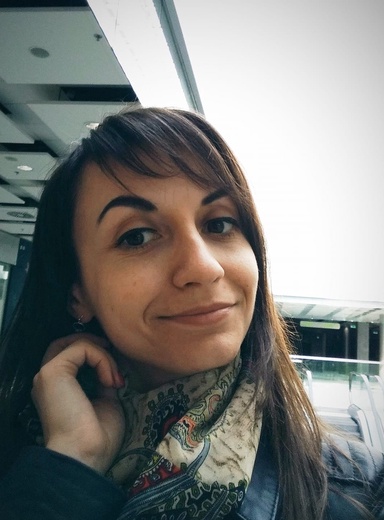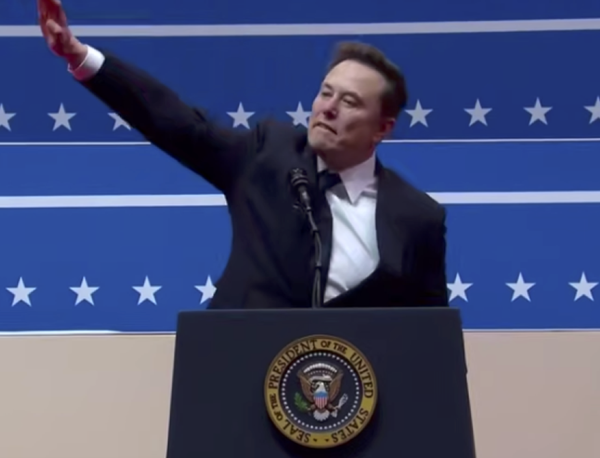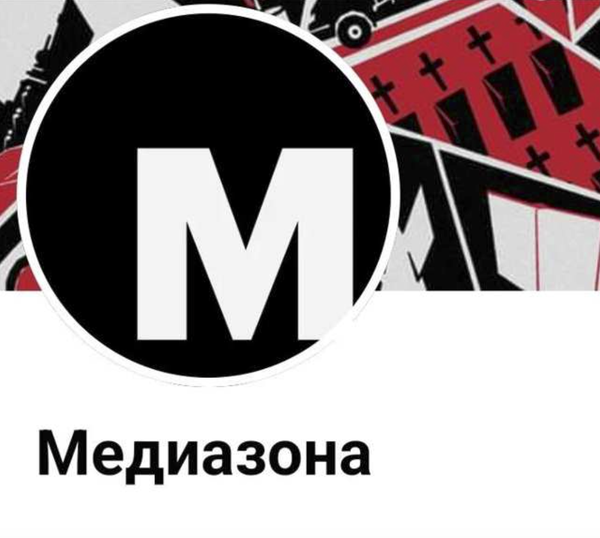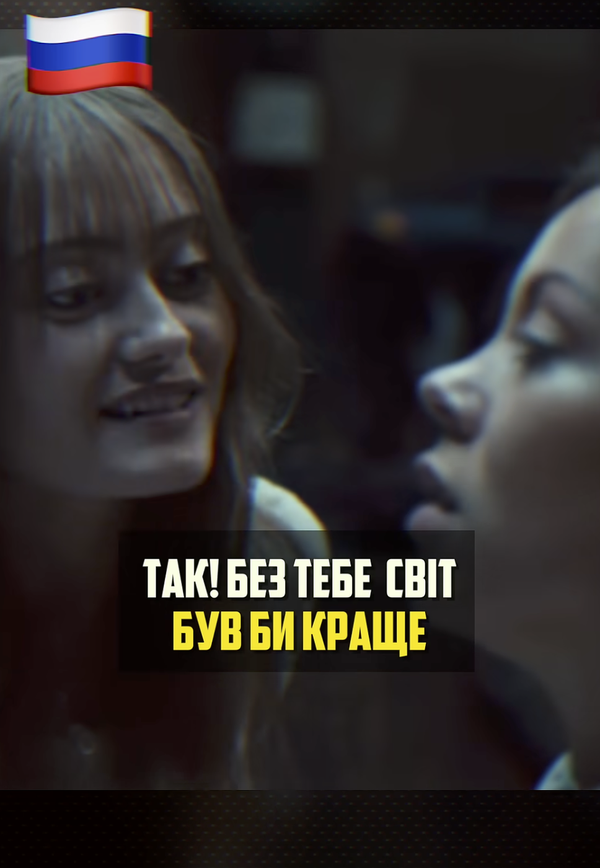Matchboxes in a game as a manifestation of Ukrainian nationalism? European reviews of Stalker
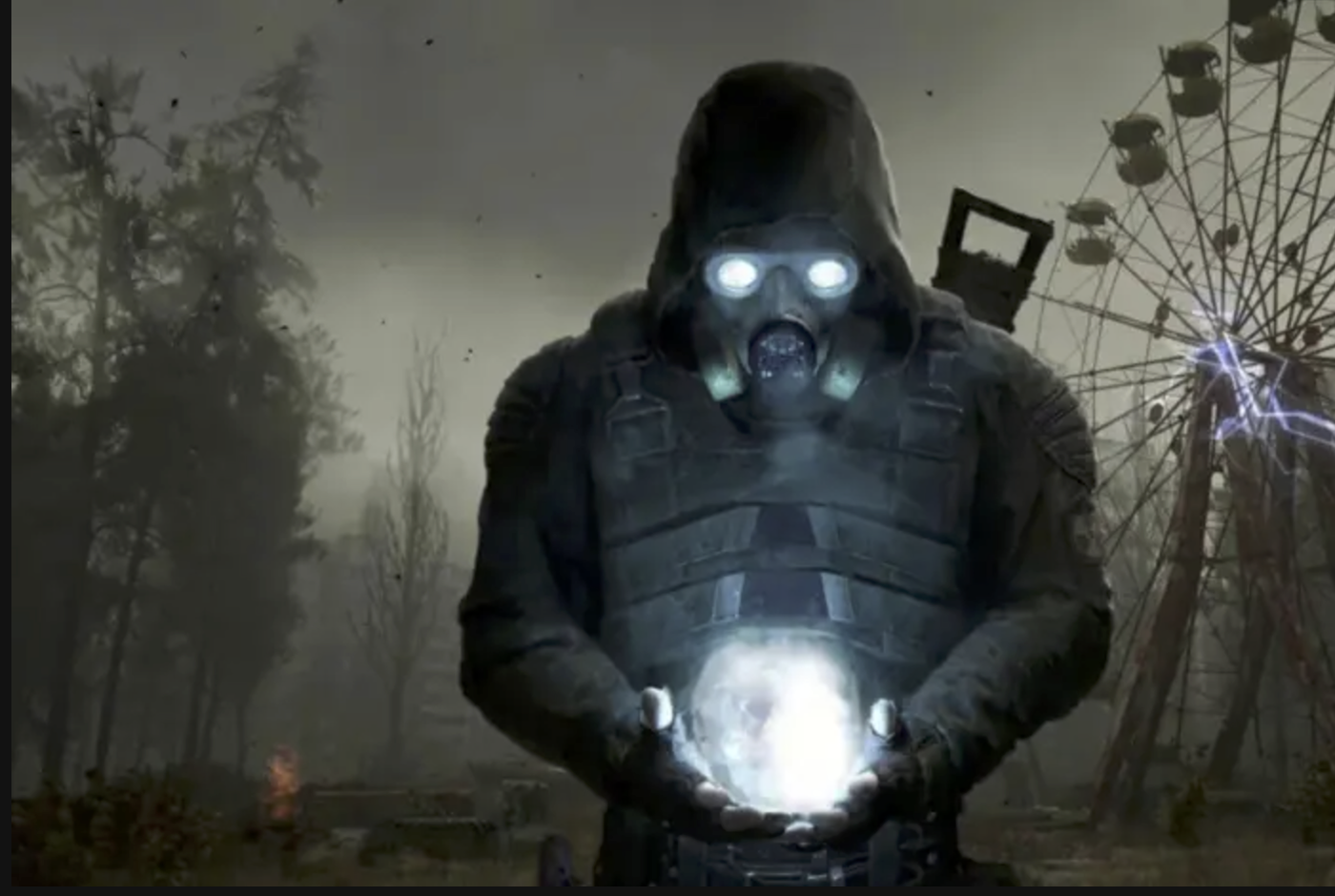
You may have noticed that, in recent days, social media feeds across Ukraine have been buzzing with images of matchboxes produced by the Ukrainian Match Factory in the Rivne Region. These familiar blue-and-yellow boxes, featuring a mustachioed Cossack, have long been a staple in Ukrainian households.
This explosion of interest in ordinary matches stems from a review of the recently released video game S.T.A.L.K.E.R. 2: Heart of Chornobyl, which has become a real cultural breakthrough. Developed by the Ukrainian studio GSC Game World, S.T.A.L.K.E.R. 2 continues the cult post-apocalyptic series set in the Chornobyl Exclusion Zone, a landscape filled with anomalies, artifacts, and mutants.
The game’s global reception has been extraordinary, achieving one million sales within just two days of release and topping the download charts on the popular gaming platform Steam. The surge in downloads even led to technical disruptions for Ukrainian internet providers.
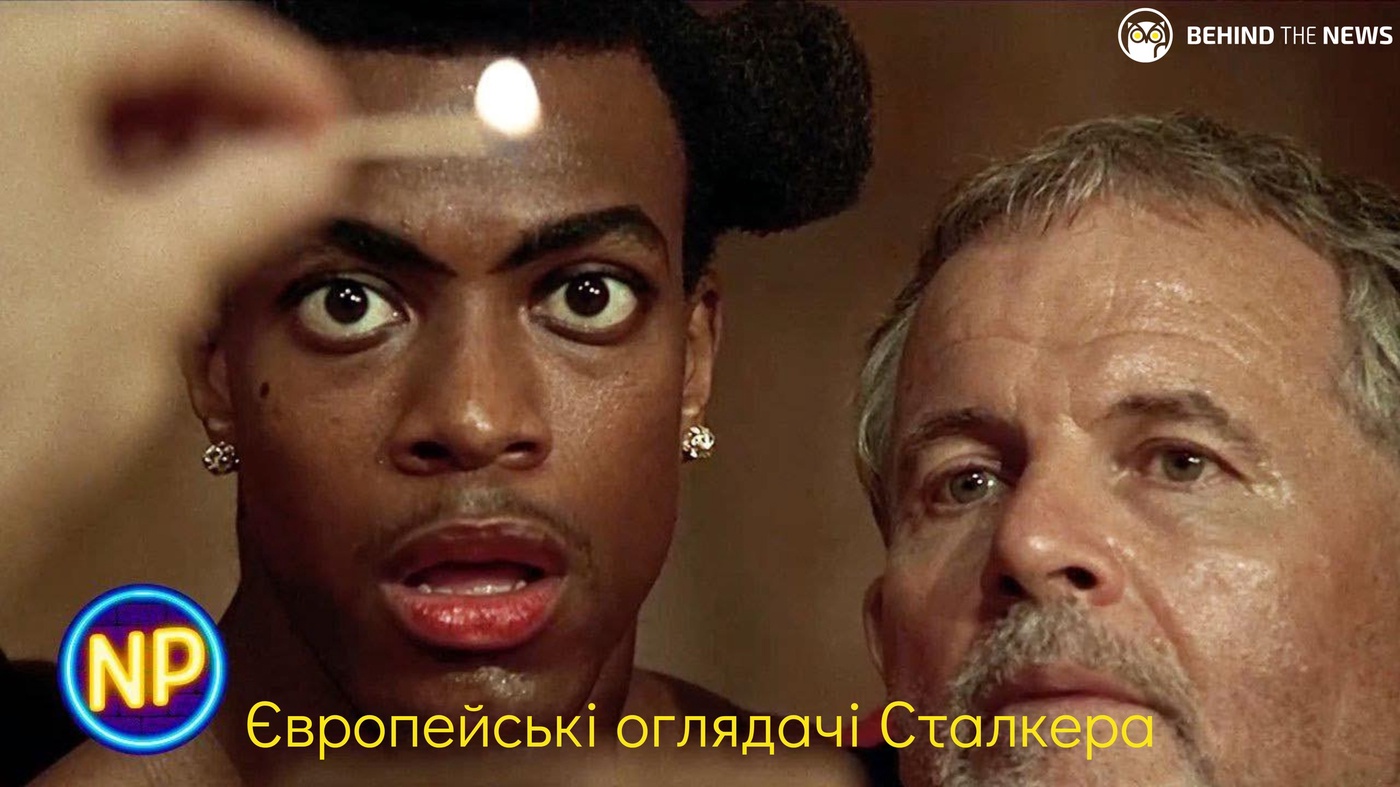
Praised as a form of cultural diplomacy, S.T.A.L.K.E.R. 2 showcases Ukrainian culture on a global stage. Fully localized in Ukrainian, its dubbing has drawn commendation from English-speaking reviewers, who recommend it even to foreign gamers. One reviewer remarked, “…this is the native language of the developers from GSC Game World who created it, and it makes the most sense for a game set in the Chornobyl exclusion zone in Ukraine”.
Besides that, the game also boasts an extensive soundtrack featuring over 450 songs by Ukrainian artists, including ZWYNTAR, SadSvit, Hatespeech, TNMK, Okean Elzy, and many others. Its world-building includes numerous cultural touchstones familiar to Ukrainians, from an ordinary wall carpet adorned with deer to the blue-and-yellow Rivne matchboxes themselves.
In an important tribute, the game’s credits include a dedication: “Through pain, death, war, fear and inhuman cruelty, Ukraine will persevere. As it always does… Dedicated to all those who have defended and are defending Ukraine. To all who made this day possible. Eternal memory to all those who were taken by this war.” This message carries particular weight given the loss of Volodymyr Yezhov, a S.T.A.L.K.E.R. game designer killed near Bakhmut in December 2022. Yezhov’s likeness is immortalized in the game as the character “Loki,” leader of the Volia squad.
S.T.A.L.K.E.R. 2: Heart of Chornobyl received mostly positive reviews from critics for its atmosphere, setting and narrative, although some reviewers have pointed out its technical flaws. Among the critiques, a review by Brendan Caldwell on the prominent European gaming site Eurogamer sparked particular controversy. Caldwell, who awarded the game a 3 out of 5 rating, highlighted numerous bugs and drew attention to a small detail… the matchbox.
In his review, he notes in the very first paragraph that S.T.A.L.K.E.R. 2 was developed during wartime but contains relatively few overt references to the “conflict.” Instead, he mentions “small glimpses of Ukrainian nationalism,” citing as examples “the colours of the flag on a matchbox” and “a field of poppies that marks the eerie resting place of fallen soldiers.” Caldwell further commented that “there are far fewer references to Europe’s geopolitical nightmare” than there are technical issues in the game.
It should be noted that Caldwell is a columnist with 13 years of experience, but has only two publications on Eurogamer, including a review of a Ukrainian game. The other review, dating back to 2011, was also related to a Ukrainian game.
The Eurogamer review prompted a swift backlash on the platform X (formerly Twitter), where Ukrainians criticized the characterization of everyday objects, like matchboxes, as nationalistic symbols. In fact, matchboxes from the Ukrainian Match Factory are a common household item in Ukraine. Users posted photos with the said matchbox, sarcastically questioning the assertion:
“Do you mean these matches that can be found in every store and every home in Ukraine?”
“You’re just a bunch of Russian clowns!… This is an ordinary box of matches that each of us has at home. When did the colours of our flag become nationalistic? To hell with all this!”
“If using the country’s flag is nationalism, then every football match is an advertisement for nationalism.”
“Hey there, folks! Just take a look at Ukrainian nationalism! It’s literally the most popular box of matches in the country. Imagine how nationalistic I was when I used these for my gas stove. It’s just plain crazy!”
“The game is set in Ukraine, and we literally have matches with blue-and-yellow colours on the box. The author is an idiot.”
“Ukrainian nationalism means having a flag, producing goods, and depicting local flora.”
Conclusions
Reviews like the one in Eurogamer highlight the broader issue of how Ukraine is perceived globally. For Ukrainians, it feels natural that a game created during wartime reflects elements of national identity. However, in the Western world, such expressions are often interpreted as political gestures. Indeed, the reviewer’s comment about “small glimpses of Ukrainian nationalism” reflects not hostility but a superficial understanding of the context, and perhaps even arrogance.
Statements like these reveal a persistent stereotype in the global community: that any reference to Ukrainian symbols — whether the flag, the trident, or the colours blue-and-yellow and red-and-black — is automatically labelled as “nationalism.”
Ukrainian commentators have duly pointed out the double standard inherent in this perception. Symbols of other nations often appear in video games without drawing similar critiques. This discrepancy underscores the importance of not just cultural representation, but also the informational struggle to challenge stereotypes and promote a deeper understanding of Ukraine. It’s essential for observers to move beyond surface-level interpretations and recognize Ukraine as it truly is — a country fighting for its survival and identity.
P.S. Given the public attention surrounding this issue, we suggest that the Ukrainian Match Factory and the developers of S.T.A.L.K.E.R. 2: Heart of Chornobyl should consider collaborating on a special edition of matchboxes ![]()
Prepared by Aliona Malichenko.

